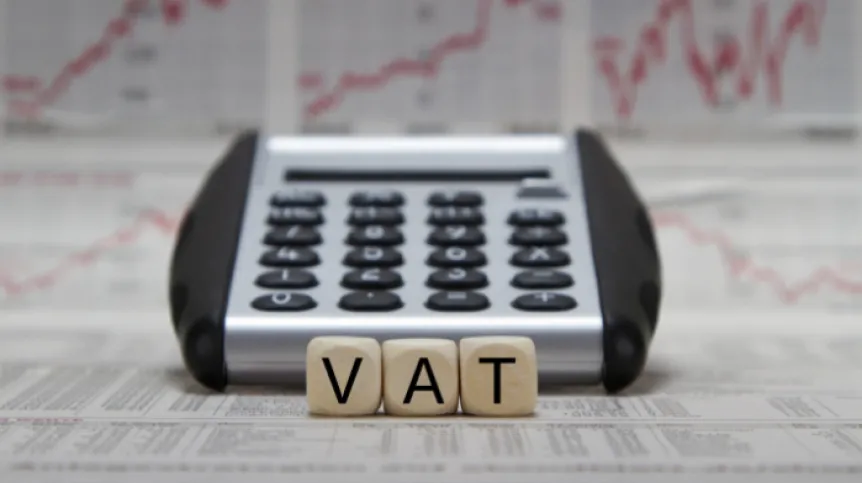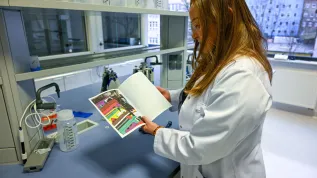
Blockchain technology can help taxpayers document that their business partner was a VAT payer when the transaction was being concluded. The solution presented by the team of Polish researchers advanced to the second round of the Global Legal Hackathon.
A team of Polish researchers won first round of Global Legal Hackathon 2018. The competition promotes innovative IT solutions in the area of law and legislation, the National Centre for Nuclear Research in Świerk reports in a release sent to PAP.
The team composed of Adam Zadrożny (National Centre for Nuclear Research and the University of Texas Rio Grande Valley), Beata Goźlińska (Faculty of Physics, University of Warsaw) and Marianna Zadrożna has developed a solution that can give back the peace of mind to honest entrepreneurs who are afraid that their business partners might suddenly disappear from the list of VAT payers.
"Our blockchain technology is designed to confirm, in a way that would stand in court, that we have verified our contractor, VAT payer, in the ministry`s database" - explains Dr. Zadrożny. "In case of doubt, the ministry - and more precisely the tax office - would receive cryptographic evidence. Right now, in a controversial situation, an honest entrepreneur can only present screenshots from the ministry`s database. Unfortunately screenshots can be manipulated, so they can not be used as evidence. Challenging cryptographic evidence would require questioning blockchain and digital signatures. Our protocol can be extended to download any information from Polish and foreign government servers, and to prove the time of creation of any documents and their content in a reliable manner" - he says.
According to the National Centre for Nuclear Research release, blockchain technology is based on a distributed network of computers. Each of them participates in every single transaction or act of depositing information. The information is saved in the data block chain or is sent through these blocks. The user has access only to his own information, as well as to his full information history, which can be verified or confirmed. The system is safe, because its complexity makes it virtually impossible to break using available computing power.
Blockchain technology was created for the needs of cryptocurrencies, but the range of its potential application is much wider. These potential different applications can also be important for the National Centre for Nuclear Research, which is involved in cybersecurity research, develops new information technologies - primarily in its Świerk Computer Centre - and supports the participation of one of the Polish teams in the competition.
Global Legal Hackathon is a global contest. It promotes the most valuable IT solutions that support lawyers and their clients. Technological revolution is inevitable also in this area, as the originators and organizers of the competition are convinced. They are a group of global IT industry companies and providers of legal and consulting services.
This year, the first stage was played in 40 places on six continents and remotely on the internet. Dr. Zadrożny`s team won in the latter form of the competition. The finals will be organised in April in New York.
Poland will also be represented in the second round of the competition by the team BlokEkipa, whose members are associated with NGOs. They have created an app that helps women who are victims of violence get free legal assistance.
PAP - Science in Poland
lt/ agt/ kap/
tr. RL













